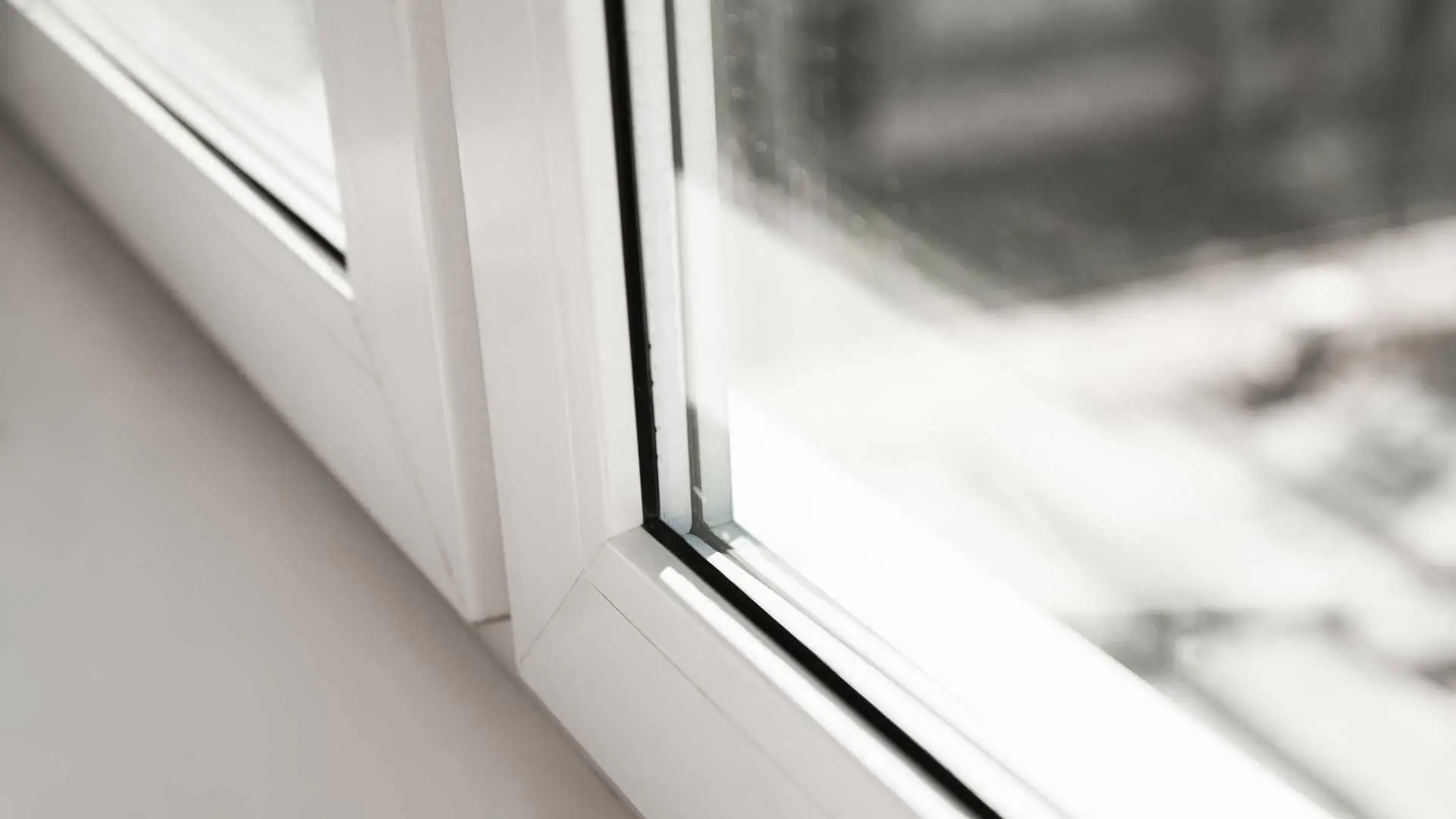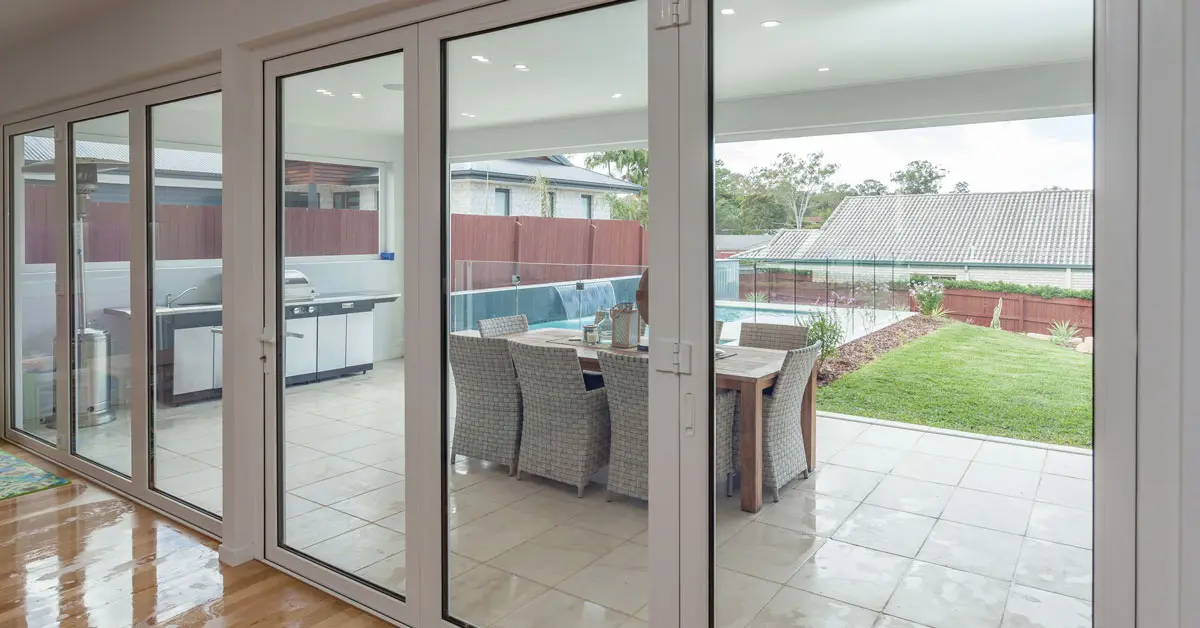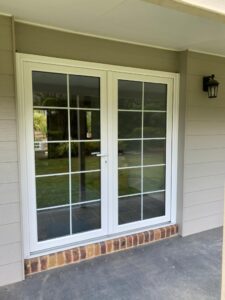So you know the basic difference between single glazed windows and double glazed windows, but when it comes to the window frames, you’re getting a little lost.
What’s all this talk of uPVC or timber vs. aluminium? And does the material of the window frame really make much of a difference to the overall insulative properties of the window unit as a whole? The answer is a resounding YES! The window frame is just as important as the glass panes when it comes to assessing its energy rating, i.e. how well it keeps the warmth in during Winter, and how effectively it dispels the heat in Summer. Here are a few things that you need to know when choosing the right window frame and glass panel combination for your home.
Double glazing: a quick recap
Just for those who may still be hazy on benefits of double glazing, we’ll speed through the highlights.
- Double glazed windows consist of two glass panels, separated by a narrow air gap that acts as an insulation break between the inside and outside of the house.
- Double glazed windows retain the heat from the sun streaming through the glass panes in Winter, keeping your house warmer for longer.
- When double glazed windows are shaded in Summer, they also do an excellent job of keeping the cool air in, so that your air conditioner doesn’t have to work as hard.
- Double glazed windows are also excellent sound insulators.

What is the U-Value of a window?
When it comes to understanding how well a window insulates as a whole (both the panels and the frame), it’s important to consider its U-value: how efficient it is in keeping out the heat or the cold. The U-value of a window is usually measured between 2.0-10.0 W/m2.K, and the lower that figure is, the better! The material that a window frame is made from can have a significant impact on the U-value of the entire window unit. Which is why it’s important to consider the frames of your windows wisely.
Aluminium vs. uPVC and timber window frames
Aluminium is the most predominant material for window frames in Australia. This is extremely unfortunate because it also significantly increases a window units U-value (which, if you remember, we want to keep as low as possible!). While a single glazed window with an aluminium frame typically has a U-value of around 5, a standard, double glazed window (air-filled) with a timber or uPVC frame can have a U-value of as little as 3.1! That’s a massive difference, especially considering how much you could be saving on your energy bill. In fact, you can check just how much money you could save every year with double glazed, uPVC or timber windows instead of your existing windows, View here. Say you own a large house in Brisbane, for example, and that house consists of windows that have 3mm thick, clear glass panes and standard aluminium frames. If you switched to standard double glazed windows (2x3mm thick, clear glass panes with a 6mm air gap between) with uPVC frames, you could save $166 off your energy bill per year. And you’re not only saving on your energy bill, but you’re also helping the environment around you by using fewer carbon emissions. Double glazing + uPVC window frames = reduced need to turn on that air conditioner!

How aluminium window frames increase the U-value
So now that we’ve looked at the facts and figures, WHY, exactly, do aluminium window frames bump up the u-value of a window unit so dramatically? Put simply; they’re very effective conductors of heat. Aluminium will collect the heat from the beating sun and radiate it into your home when you’re trying to keep cool during Summer. Aluminium window frames also are typically not as airtight as uPVC frames. They leak out the air that you’re trying to keep in and prevent your home from maintaining a comfortable temperature. Furthermore, aluminium rapidly cools in cold weather, creating condensation that can result in a buildup of mildew, which is difficult to clean and maintain. As you can see, aluminium window frames do not perform well in hot or cold climates and are much less energy efficient than uPVC or timber window frames.
Making the transition to uPVC or timber window frames
If you want to enjoy a cheaper annual energy bill, making the switch to double glazed, uPVC or timber windows is the best decision. There are many details to consider when purchasing new windows for your home, and we have only covered a few important features to look out for in this article. If you want to know more about how to find the most energy-efficient windows for the climate that you live in, contact EE Windows today!









